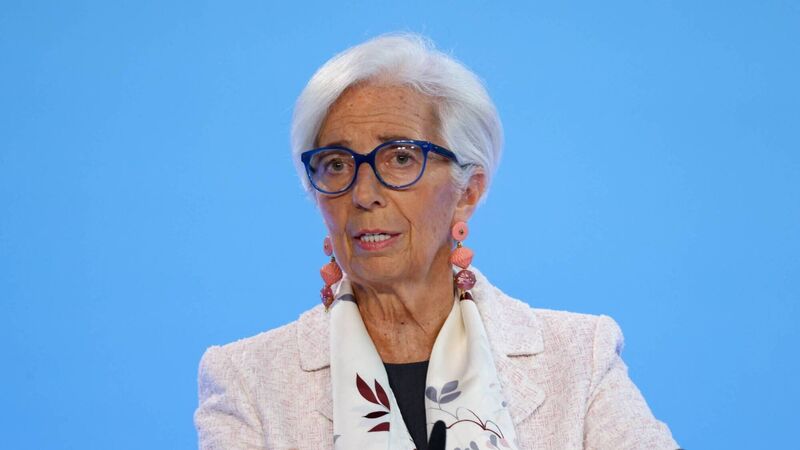ECB mission on inflation not yet accomplished, insists Lagarde

Christine Lagarde says underlying inflation is still strong and wage growth high. Picture: Bloomberg
European Central Bank president Christine Lagarde said underlying inflation in the eurozone is still strong and wage growth is “historically high”.
Speaking at the International Monetary Fund’s annual meetings in the Moroccan city of Marrakech, she largely repeated last month’s assessment of the economy, while stressing that progress is still needed in taming consumer prices.











